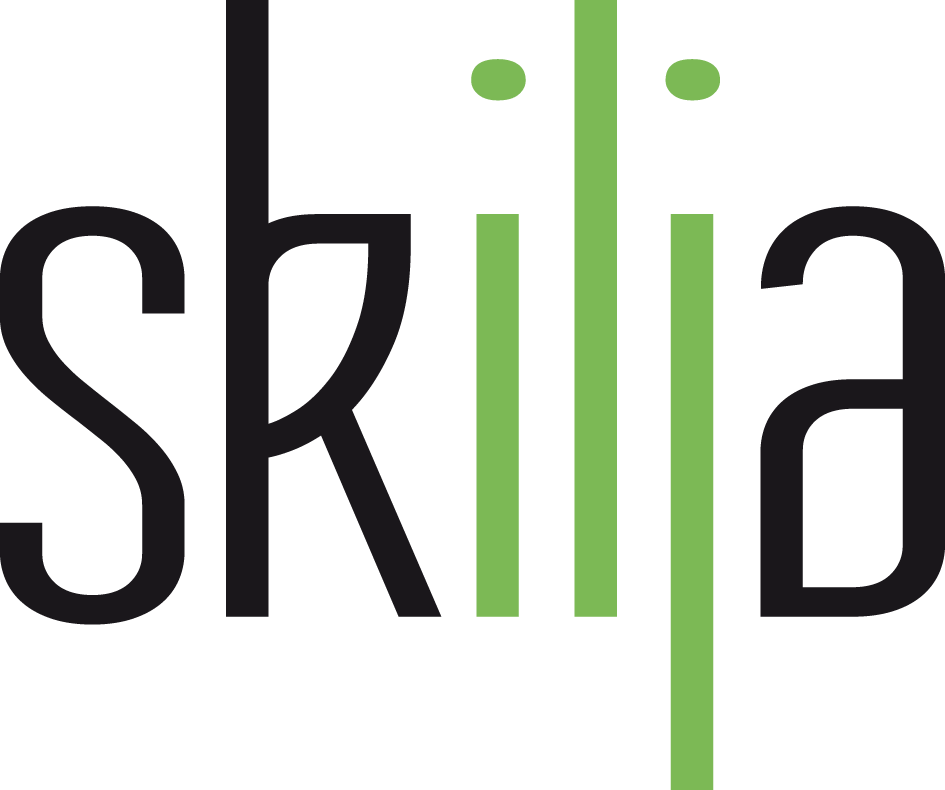Modern systems don’t read characters at all—not individually. They read words, phrases, and even meaning. OCR has evolved into something fundamentally different, and this shift delivers a new level of accuracy, fluidity, and naturalness that previous generations could not reach.
This is what Skilja has done with Lesa, our deep-learning, transformer-based system designed to read like humans do: holistically, contextually, and intelligently.

Auto Classification and Bias
Personal bias and individual opinions are a big issue in standardized business processing if they happen to influence the outcome of a process and the decisions made. Nobody wants to be subject to random changes in the outcome of a personal request – and yet it happens. Because humans have a bias in how they see facts, based on their education, cultural background and even the mood they happen to be in at a certain time in the week. So in addition to different persons making different decisions you can even expect that the same person makes different decisions during the week. You just look differently at a task on Monday morning than on Friday evening. The reason is so-called priming which happens to all of us day-by-day through our experience, knowledge, physical condition, context and a lot of other small factors.
Intelligent Document Processing and Enterprise Security
In the past Capture used to be almost always departmental. Capture was only allowed in a (badly lit) corner of an Enterprise mainly because no Capture system was able to fully integrate into Enterprise IT and most importantly comply with all security rules established for enterprises.
This has changed to the better in the past few years. At Skilja we have invested a lot of effort to strictly follow all security requirements so Vinna (our enterprise platform) can become a part of enterprise IT. This means on the one side that during development we are running frequent security screenings and penetrations tests to ensure utmost security for the software. For example Vinna and Skilja Software is Veracode Verified since many years. On the other hand we independently make sure to follow all defined industry standards very closely.
Happy 12th birthday Skilja
Unbelievable – but 24.01.2024 was the twelfth birthday of Skilja. Meaning that next year Skilja will become a teenager.
12 years ago we founded Skilja in the middle of the German winter with the goal to create the best possible Document Understanding or IDP (as others call it) solution. And now we look back and we are proud that we have achieved the goal – at least in our view. A lot has happened on the way.
How Meanings of Words Change
We all know that our language is fluid and words can change their meaning over time. Words get extinct and new words are created but more often existing words are adapted to new circumstances. It is interesting to see how this happens in the course of years but...
On the Benefits of Page Classification
Classification deals with the categorization of objects. In our process automation and digitization world, we often think of the objects as complete documents that need to be classified. Of course, it is important to understand what the type of a document is...
Document Separation Revisited
One of the frequently overlooked and really difficult problems in document automation, which is also really annoying in daily processing, is the automatic separation of a stack of documents into single meaningful documents and assignment to a document class. The goal would be to simply scan the whole stack and have it separated by an intelligent algorithm. Fortunately this is readily available today from the Skilja technology stack as a built in feature into the Laera classifier. This does not say it is easy. It requires quite some experience and infrastructure to manage several interdependent steps of classification and separation in a stable and reliable way. This is what Laera provides out of the box.
Confusion Matrix
Understanding the quality of an automatic classification system is crucial for its acceptance and any attempt to improve it over time. Quality means that we need to look at errors and at the recognition rate. In classification terms these values are...
Vinna 3.0 Released
We are proud to announce the release of Vinna 3.0, our open 4th generation Document Processing Platform. We created a totally new and modern UI – with an improved backend to support enterprise performance, scalability and security requirements. Process Editor and Process Monitor are completely redesigned with latest web technologies. Vinna is an open and process-oriented platform, that allows users to define a process in exactly the way as it is optimally operated in a company. The architecture of Vinna is service oriented (SOA) and the runtime is easily deployed either in the cloud (Microsoft Azure, AWS or private cloud), on premise or in mixed environments where the data storage is kept in house and processing happens outside.
Process as a Service
Imagine that you have created a powerful process for superb document automation using all kind of advanced recognition, image processing and AI technologies available. With these technologies it is possible to automate almost any document driven process that involves...
